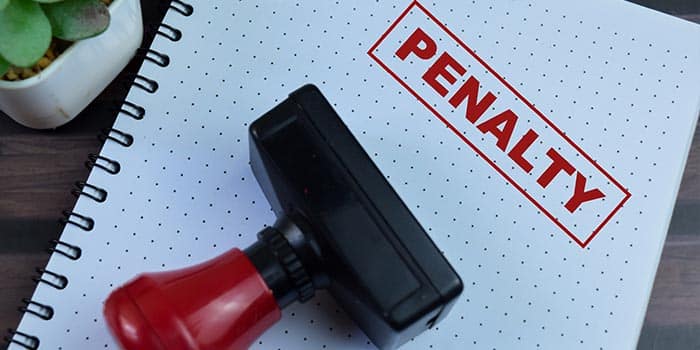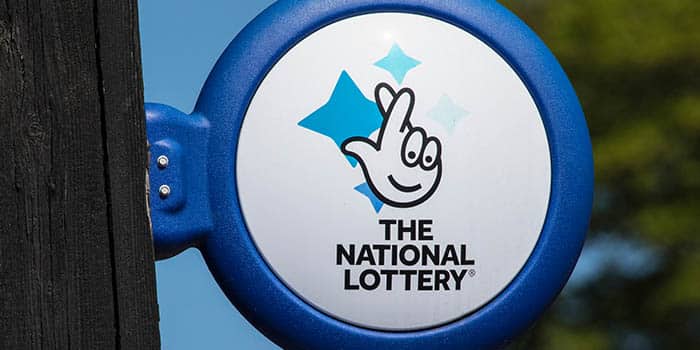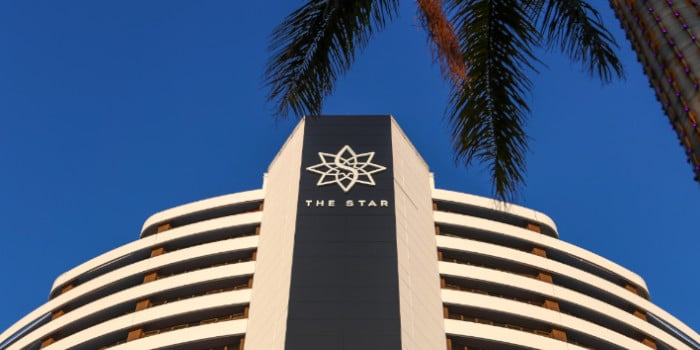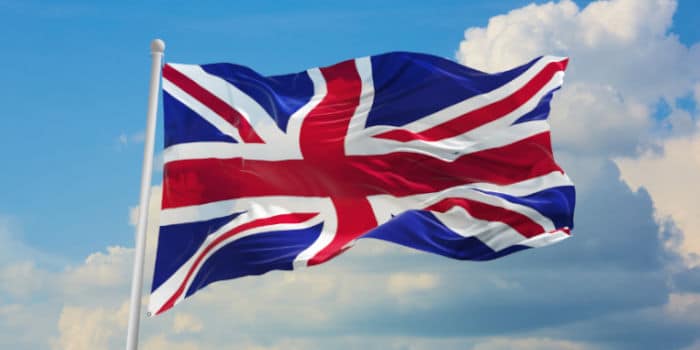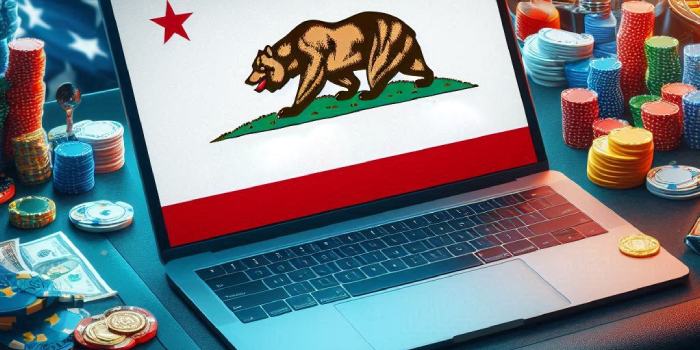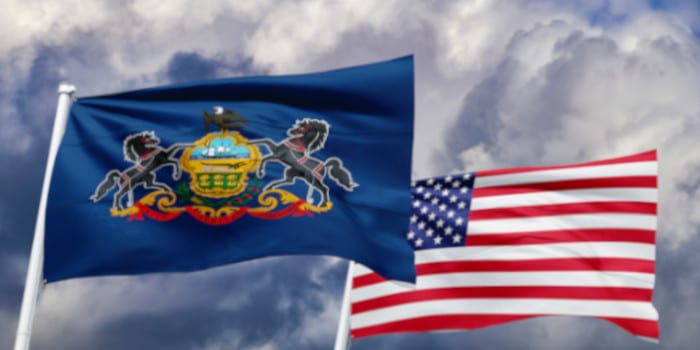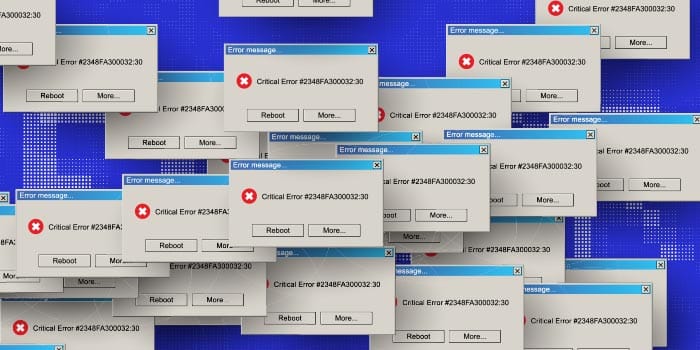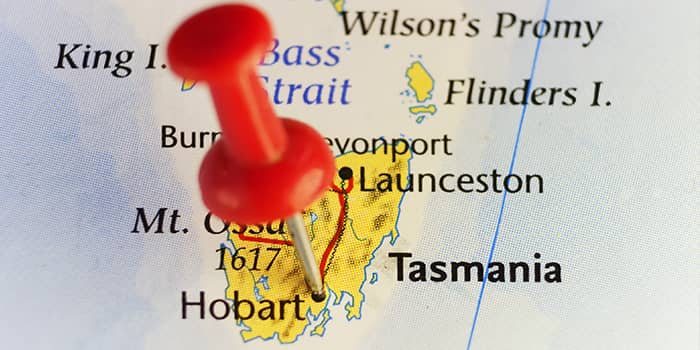- Casino
- By State
- Alabama
- Alaska
- Arizona
- Arkansas
- California
- Colorado
- Connecticut
- Delaware
- Georgia
- Florida
- Hawaii
- Idaho
- Illinois
- Indiana
- Iowa
- Kansas
- Kentucky
- Louisiana
- Maine
- Massachusetts
- Maryland
- Michigan
- Minnesota
- Mississippi
- Missouri
- Montana
- Nebraska
- Nevada
- New Hampshire
- New Jersey
- New Mexico
- New York
- North Carolina
- North Dakota
- Ohio
- Oklahoma
- Oregon
- Pennsylvania
- Rhode Island
- South Carolina
- South Dakota
- Tennessee
- Texas
- Utah
- Vermont
- Virginia
- Washington
- West Virginia
- Wisconsin
- Wyoming
- By State
- Slots
- Poker
- Sports
- Esports
Fact-checked by Velimir Velichkov
Australia Lays Aside Gambling Ad Reforms as Election Draws Near
The Albanese government has decided to delay gambling ad reforms, attracting criticism from social justice groups, the media, and political rivals
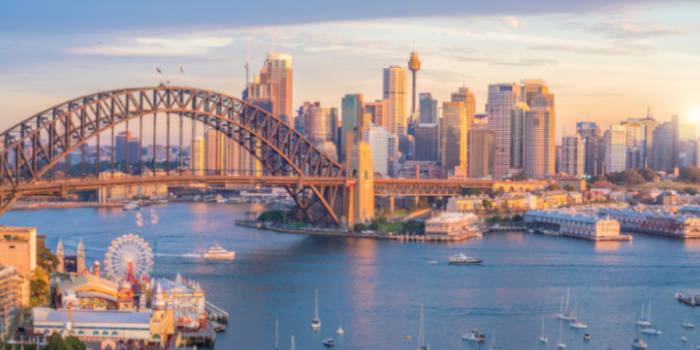
Australia’s gambling reform sparked more debate toward the end of last month when we reported on the Albanese government’s plan to consider a partial ban on gambling ads.
The move contrasted with the stricter, full ban proposed over a year ago by the late Labor MP Peta Murphy and saw a series of documents revealing ongoing talks between the prime minister’s office, major sports leagues, and betting companies.
Now, while in a rush to finalize a busy legislative agenda, the government has ruled to delay gambling ad reforms, attracting harsh criticism from media, social justice groups, and political rivals.
The decision may have potentially come ahead of an early election.
No Legislation This Week
Despite their previous commitment to introduce new regulations by the end of 2024, Communications Minister Michelle Rowland announced that no legislation would be presented this week.
Rowland quoted the complexity of the issue as the culprit for the delay, emphasizing the need to carefully assess the 31 recommendations in the Murphy Report to steer clear of any unwanted consequences.
“The government takes seriously our responsibility to protect Australians, particularly young people, from the harms of online gambling,” said a spokesperson for Rowland.
“Since coming to government, we have delivered the most significant online gambling harm reduction initiatives in the last decade,” they added.
No Political Will
Critics argue, however, that the delay reflects a lack of political will.
Shadow Communications Minister David Coleman accused Prime Minister Anthony Albanese of succumbing to pressure from media companies, sports leagues like the National Rugby League and the Australian Football League, and gambling industry lobbyists.
Coleman warned about Australians’ tendency to be vulnerable to gambling advertisements, particularly during live sports broadcasts.
The government has offered conflicting reasons for the delay. While some officials attributed it to ongoing consultations, others cited a lack of Senate support despite claiming that the policy had been finalized.
Sports Minister Anika Wells acknowledged the role of financial dependence on sporting organizations in the delay, revealing that not all stakeholders in the sports industry supported the gambling ad cap.
Assistant Treasury Minister Andrew Leigh did highlight progress with a proposed advertising blackout period but again noted the absence of sufficient Senate backing.
“Gutless” Hesitancy
The delay has drawn swift criticism from various political figures. Independent MP Andrew Wilkie accused the Australian Labor Party of being overly influenced by betting industry interests.
Senator David Pocock called the government’s hesitancy “gutless.”
Meanwhile, new research has revealed concerning social media practices, with Facebook using data from over 260 companies to target Australian users with gambling and alcohol ads.
This has raised further calls for stricter digital advertising regulation, with advocates pointing to the government’s inaction as leaving a regulatory gap.
The shelving of these reforms, alongside the abandonment of a controversial misinformation bill that would have allowed the Australian Communications and Media Authority to monitor and mandate the removal of social media content considered harmful or misleading, has led to further discontent.
While the government maintains that it is working on comprehensive policies, critics argue that delays undermine public trust.
If an early election does occur, these unresolved issues may take center stage and affect the Labor Party’s electoral prospects.
Related Topics:
After finishing her master's in publishing and writing, Melanie began her career as an online editor for a large gaming blog and has now transitioned over towards the iGaming industry. She helps to ensure that our news pieces are written to the highest standard possible under the guidance of senior management.
Previous Article

Industry
November 25, 2024
Supreme Court in Nigeria Hands Gaming Regulation to States

Next Article


Industry
November 25, 2024
Macau Legend to Dispute the Termination of Its Cape Verde Concession
Must Read
More Articles





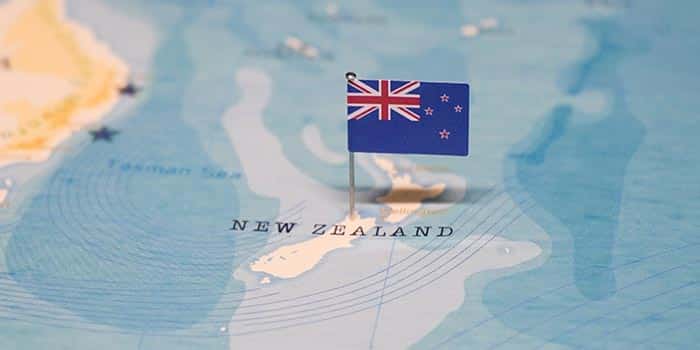
Industry
June 30, 2025
New Zealand Presses On with iGaming Legislation
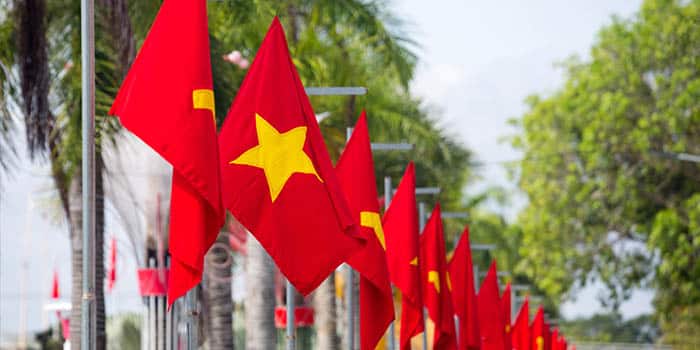
Casino
June 30, 2025
Vietnam Greenlights $2B Van Don Casino Resort
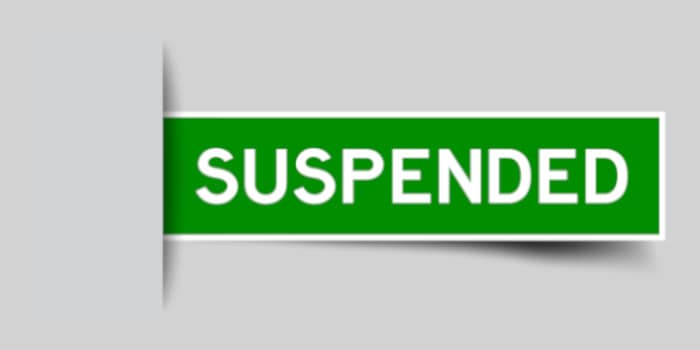
Casino
June 30, 2025
Hard Rock Executive Under Fire Due to Alleged Misdeeds
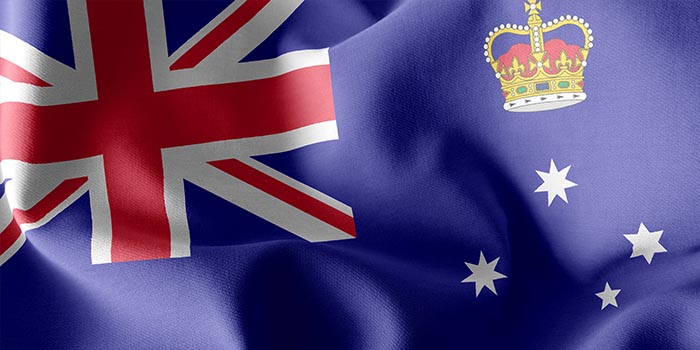
Industry
June 27, 2025
Gambling Harm Costs Victoria, Australia, Over $9B
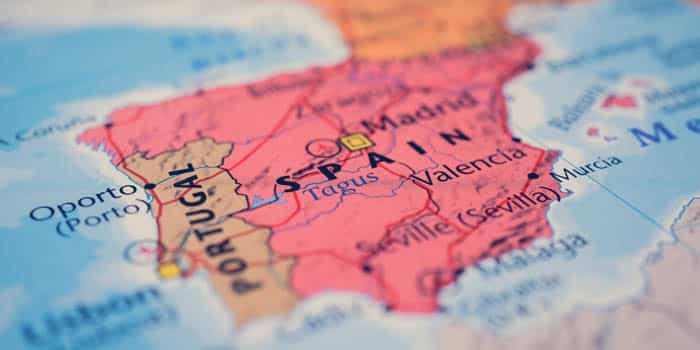
Industry
June 26, 2025
Spain’s Gambling Ad Ban Cuts New Accounts by 55%


